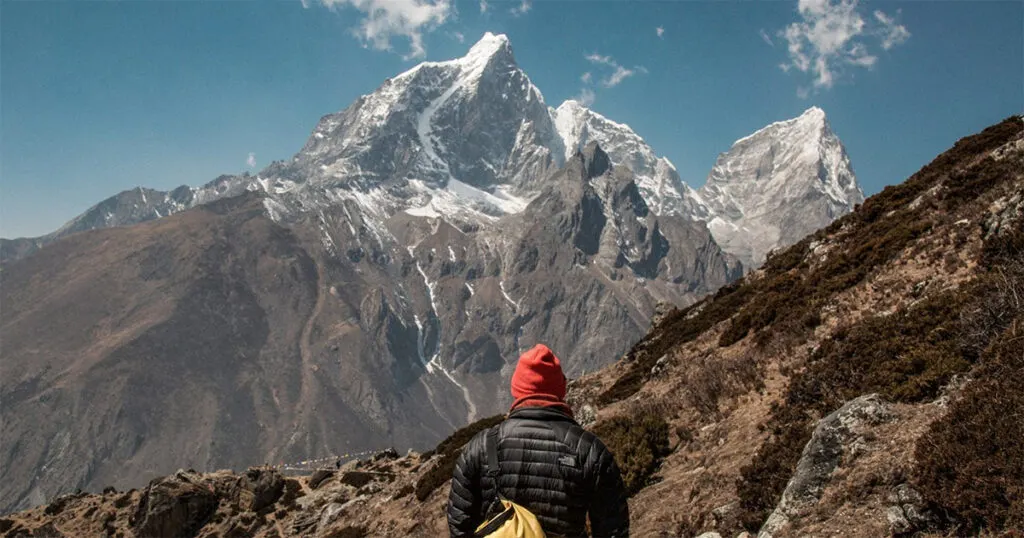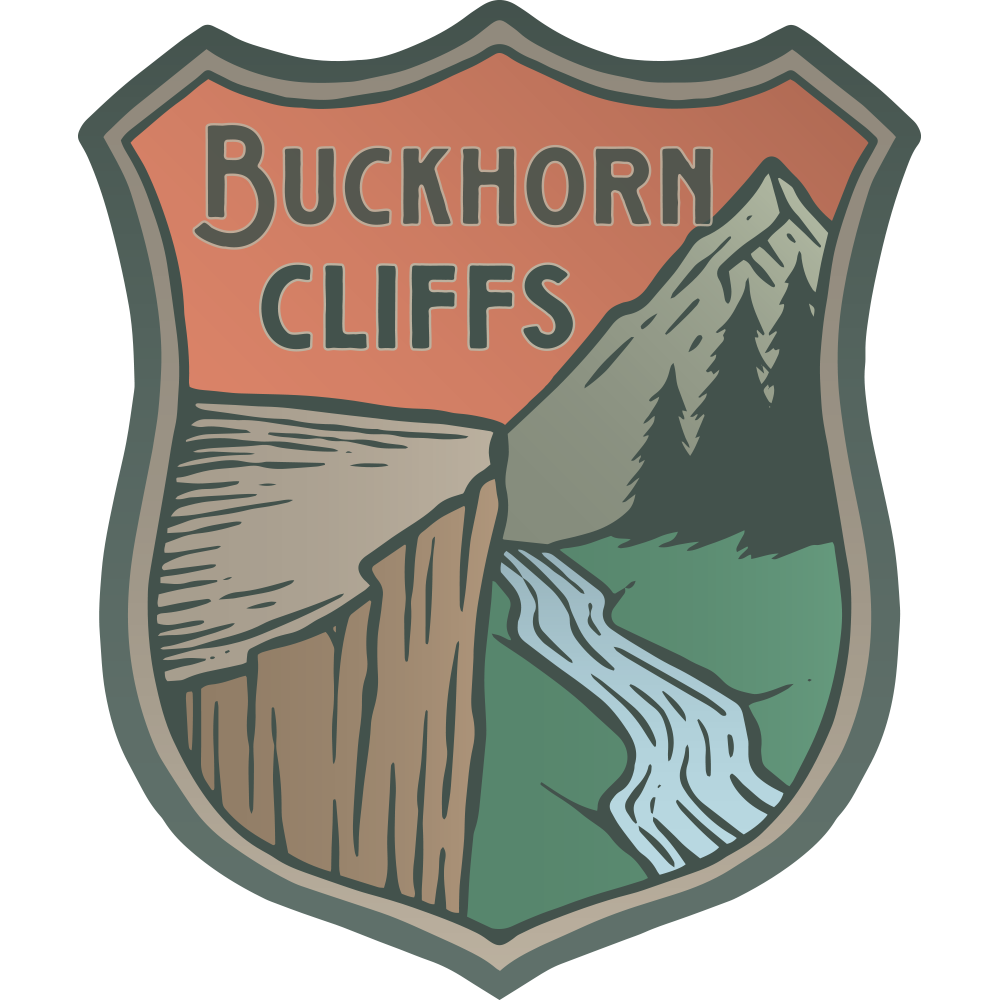There are few things that can give you a sense of achievement as great as climbing a mountain. That said, mountain climbing is something you need to prepare for. Even relatively small mountains can come with their risks and challenges. If you’re thinking of climbing a mountain, here are a few beginner tips that you need to know.

Invest in some hiking boots
Hiking boots are recommended if you’re planning to do a lot of climbing in the future. The rugged terrain of a mountain can be punishing on your feet and ankles. Wearing hiking boots can reduce the risk of sprains and other injuries. They’re also waterproof and more breathable than some other shoes.
Start with easy mountains/trails
Don’t start by trying to tackle Everest. Start with small and easy mountains that you can hike in a few hours. Look up guides online that list routes for beginners such as this guide for first time visitors to the Adirondacks. Be aware that many mountains will have different routes – some of which are more challenging than others. Make sure that you’re taking the easiest route that most people climb.
Prepare for all weathers
Even in summer, many mountains are likely to be very cold at the top. You may end up passing through clouds too, which could result in you getting very wet. This is why it’s important to pack waterproof and warm layers even if it’s sunny. Ideally, you want to stick to light layers that are easy to store in a backpack and won’t weigh you down. Avoid puffy coats and thick jackets.
Take some energizing snacks
Staying energized during your climb is important. This is why it’s important to pack some energizing snacks. Try to keep these healthy – a few popular examples include trail mix, raisins, bananas, peanut butter snacks and pasta. Check out this list of snack ideas for more inspiration.
Stay hydrated
It’s important that you bring enough water with you. At the same time, you don’t want to bring too much water as it will be heavy to carry. Many mountain climbing experts recommend at least two bottles of water. Those who want to take hiking really seriously can consider hydration bladders and specialist backpacks to make water easier to sip and carry on the go. Make sure to balance your electrolytes.
Pack a first aid kit
If you or someone else gets injured while climbing, it could take a while for a paramedic to get to you. It could therefore be important to carry a first aid kit with you, just in case you need to deal with an injury. You can buy compact first aid kits online that can fit into a rucksack.
Plan for the climb down
When considering how long a climb will take, make sure to consider the climb down as well as the climb up. In most cases, it takes about half the time to climb down, however some people may take longer. Pack enough food for the whole climb and keep an eye on the time – if it’s getting late and you’re still climbing up, be prepared to abandon the climb so that you’re not having to climb down in the dark.
